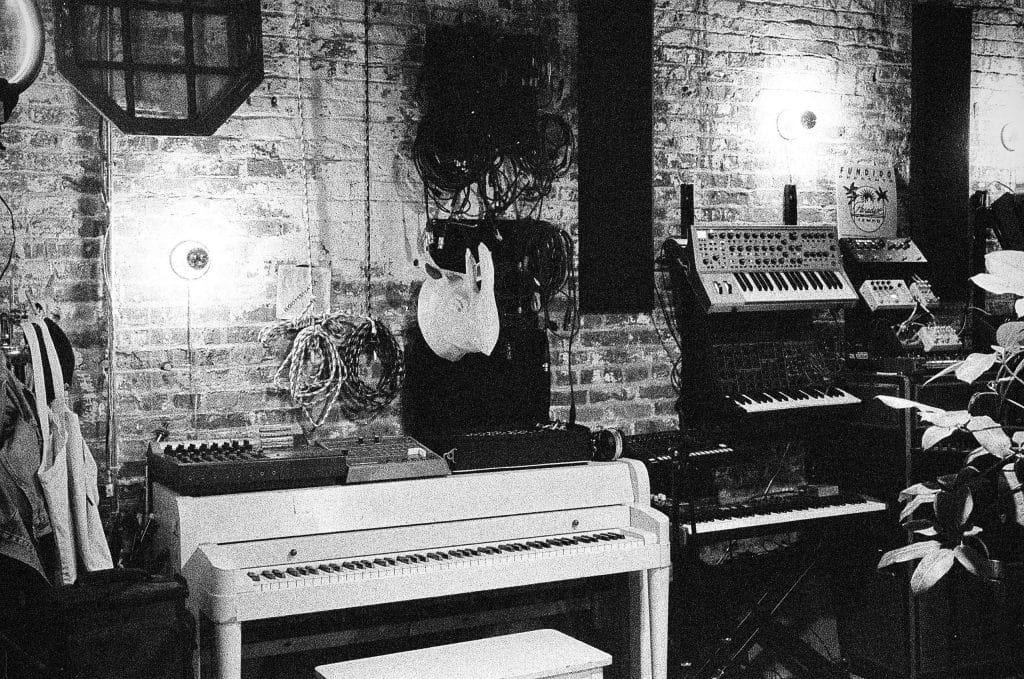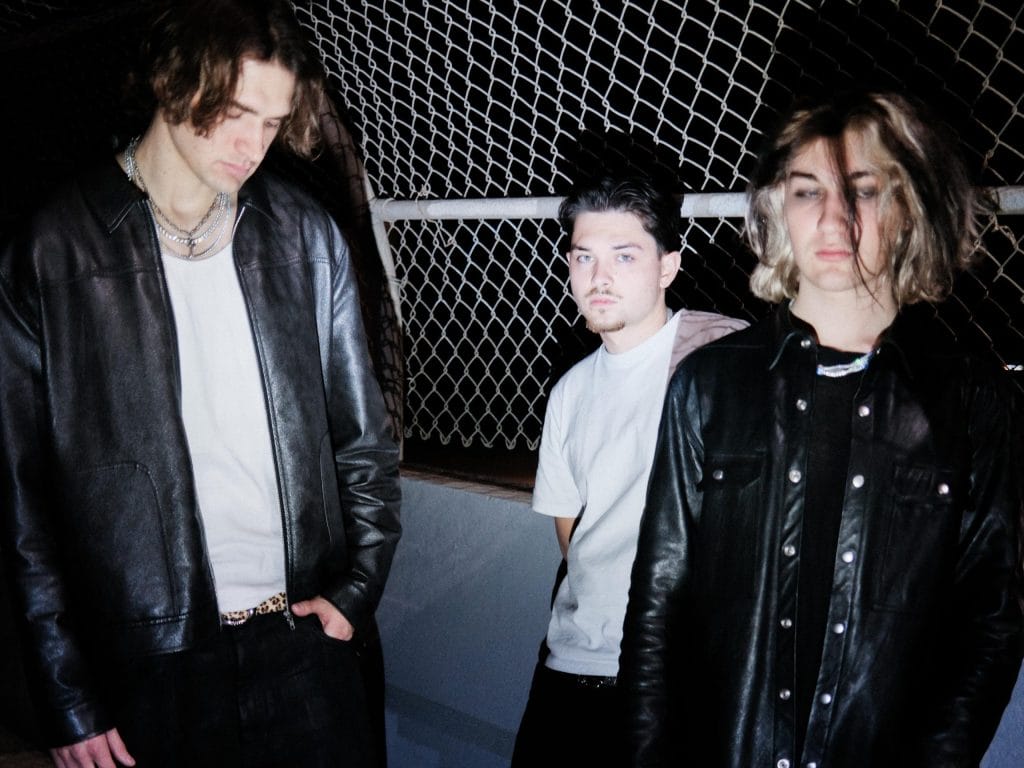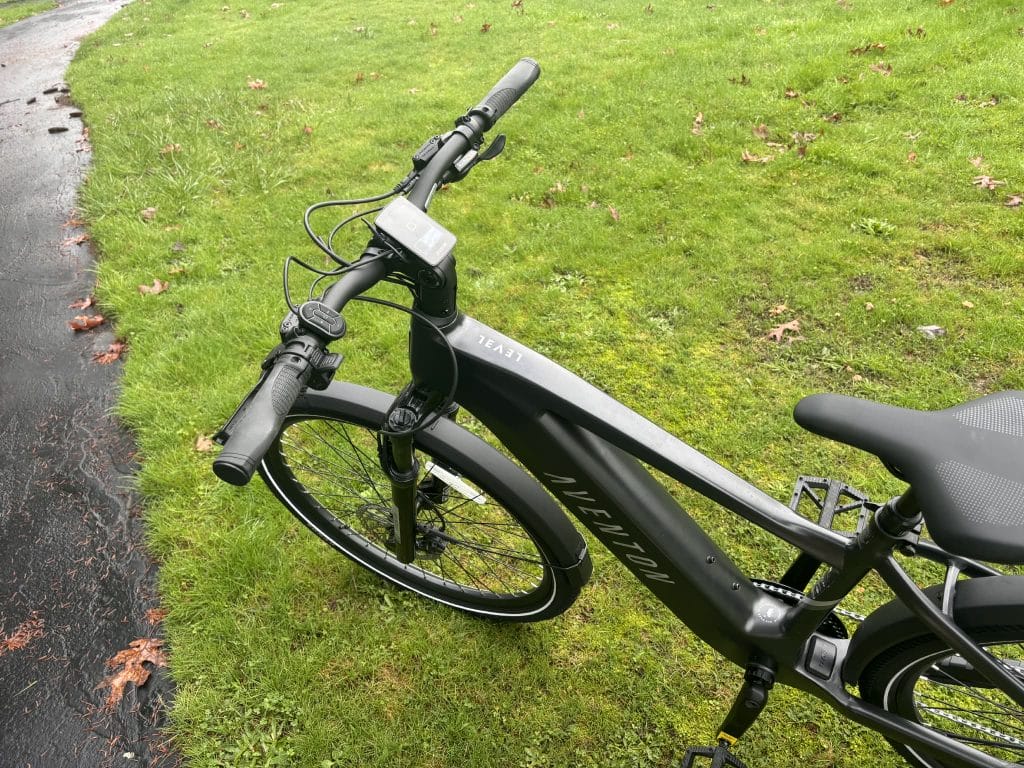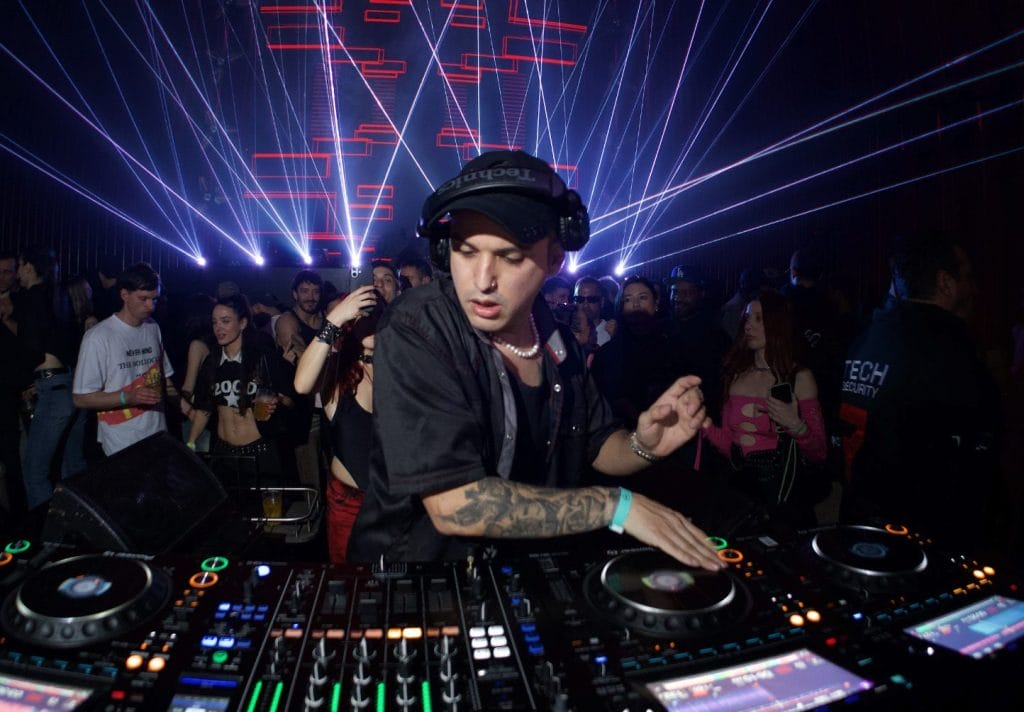Images Supplied By Lucas Blanco
Lucas Blanco has spent more than two decades treating preparation as the real engine behind every set he plays. The long travel days, the playlists built for each room, the detailed edits he shapes in the studio, and the hours he spends studying a venue before he even steps inside are the parts no one sees. That invisible work shapes the nights that follow, and it sits at the heart of his new single, “Loca del Flow,” released on Latin House Gang.
The track arrives at a moment where Lucas is refining his identity with a sharper focus on Latin influences, tighter percussion, and the groove-driven direction he has been carving out across shows in Latin America, Canada, and Europe. “Loca del Flow” reflects that path clearly. It captures the sound he brings to clubs today and connects directly to the way he organizes and prepares for his sets, building energy through structure rather than chance.
Latin House Gang continues to push forward voices that represent the new wave of Latin-rooted electronic music, and Lucas’ addition to the roster signals how aligned his vision is with the label’s direction. The release lands ahead of major dates with Paco Osuna in Buenos Aires and a multi-city run in Chile next year. The timing lines up with everything he shared about the discipline, planning, and mindset that guide his approach. “Loca del Flow” is out now on all major platforms.
Full Interview With Lucas Blanco
What does your average week of preparation look like before a gig, and what parts of that process are completely invisible to the outside world?
In a normal week before a gig, I spend a huge amount of time listening to music, selecting new material, and reviewing my own edits. Sometimes I spend hours digging for tracks that have the exact vibe I want to bring to that venue or that specific crowd. For me, it’s almost like building the emotional script of the night—where to raise the energy, where to pull it back, where to surprise people. Even though the set always stays flexible and flows based on the dance floor, that preparation gives me a solid framework so I can improvise with confidence.
What’s invisible is everything that happens before I even step into the booth: adjusting cue points, testing transitions, checking gear, preparing backups, thinking about the venue’s dynamics, and even watching videos or references from the club to understand its identity. There’s also a big mental component—visualizing how the crowd might react, anticipating possible tensions, and planning how to solve them through the music. All of that happens in silence, without cameras or applause, but it’s what makes everything feel “natural” in the moment.
Do you enjoy the process of editing, organizing, and testing tracks before a set? Or is it something necessary that sometimes feels like a burden?
I actually enjoy the editing and organizing part a lot because it’s where I can shape the music so it sounds like me. Making small edits, adjusting structures, cleaning frequencies, and keeping everything organized in clear playlists gives me peace of mind so I can be more spontaneous during the show. It’s a creative process in itself—almost as artistic as playing—because that’s where I find the exact way I want to tell my story that night.
Of course, there are moments when it can feel heavy, especially when the schedule is packed and I have to prepare several shows in a row. But even then, I see it as a necessary ritual. Without that work, the experience in the booth would be much more chaotic and I wouldn’t be able to take so many risks improvising. So yes, sometimes it’s a “grind,” but it’s a grind that pays off and elevates the quality of the set.
How much time do you dedicate to promoting your gigs, and how has your approach changed as your profile has grown?
Promotion has become a fundamental part of the job. Before, I might have just posted a quick story announcing a show, but now I spend several hours a week thinking about how to communicate it properly—visuals, copy, timing, audience engagement, and coordinating posts with clubs or promoters.
At the end of the day, it’s not just about playing music; it’s also about building an identity and a community around it.
As my profile grew, I realized promotion needs to be more strategic and consistent. It’s no longer just about informing people where I’m playing, but explaining what that gig means to me and what the audience can expect. I try to make each post feel more personal, create a sense of closeness, and show part of the behind-the-scenes process. That more curated way of communicating helps each show have more impact and connect better with the crowd.
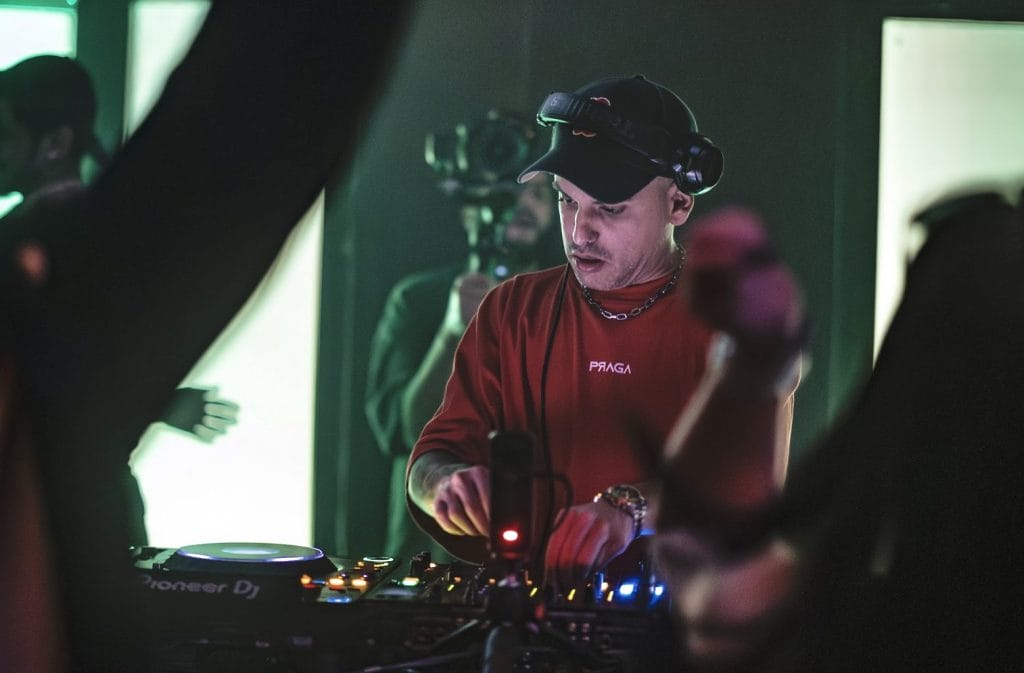
What do you wish people understood better about the logistical side of being a DJ in 2025?
In 2025, being a DJ is much more than showing up, pressing play, and performing. There’s a huge logistical world behind it: flights, hotels, permits, schedules, technical riders, and coordination with managers, clubs, and press. Everything has to be organized down to the minute for a 120 minutes set to come out perfectly. Most people don’t imagine how many emails, adjustments, and confirmations are required for me to just stand behind the decks.
There’s also the physical and mental side of constant travel—jet lag, irregular meals, lack of sleep, and climate changes that affect performance. Staying focused requires discipline, routines, and learning to live with uncertainty. When all of that is managed well, the crowd sees magic; when it’s not, it shows instantly.
That’s why logistics are such a critical part of the job.
Do you have systems or work methods that help you stay grounded amid the chaos of traveling, schedules, and promotion?
Yes. I use several tools to keep everything organized: shared calendars, task lists, alarms and reminders for important deadlines, and a simple folder system so I don’t lose essential information. I also have routines I repeat before traveling—preparing backups, checking documents, verifying equipment, and leaving all promotional material ready for the weekend. These processes save me a lot of stress when I’m on the move.
Mentally, I try to keep small habits that keep me centered: sleeping as much as possible, listening to music that isn’t electronic when I’m saturated, and taking a moment to disconnect before each show. Touring can be intense if you don’t have structure, and these systems are what allow me to be present in the set and truly enjoy playing.
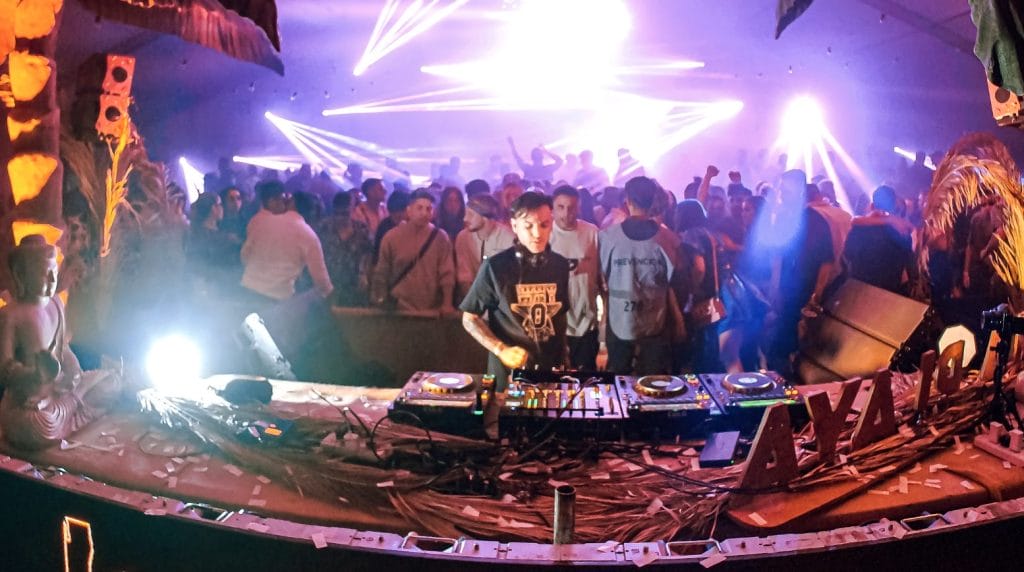
How do you balance creative time with all the administrative work the job requires?
It’s a difficult balance because creativity needs space, silence, and freedom, while administrative work is constant and urgent. What I do is block out specific moments of the week dedicated exclusively to creativity: producing, designing sets, listening to music without pressure. During those hours, I try to disconnect notifications and focus completely.
Then I leave other time slots for administrative tasks: answering emails, coordinating dates, planning promo, sending material to press, and so on. If I mix everything together, I end up mentally drained. Separating both worlds helps me protect my creativity while maintaining the professionalism the industry demands today.
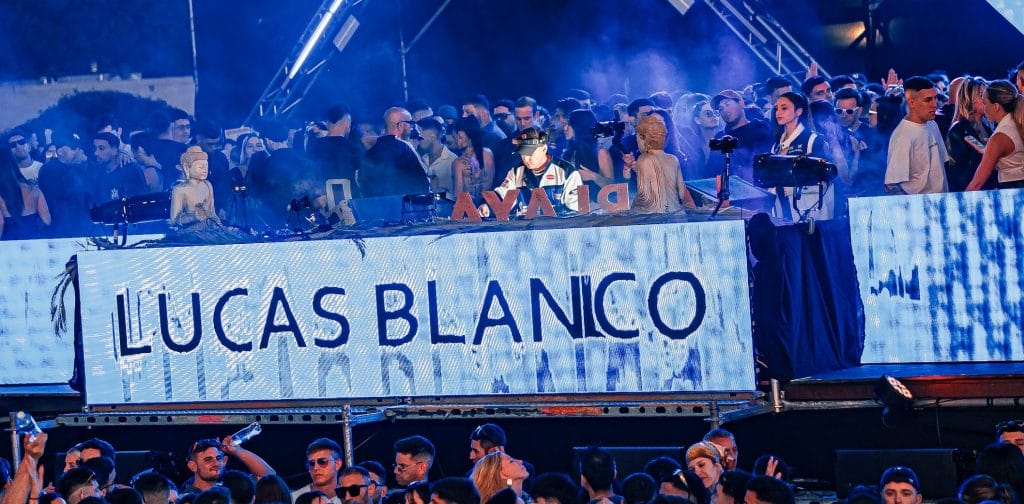
Can you share a moment when the behind-the-scenes work completely changed how the night turned out?
There was one night when I arrived at a club and nothing matched the technical rider—sound issues, uneven levels, gear misconfigured. Because I came prepared and had backups, I adapted quickly, fixed things on the fly, and ended up playing a set the crowd absolutely loved. Without all that invisible preparation, that night could have easily fallen apart.
The opposite has also happened: a night where I put a lot of work into the narrative of the set, prepared special edits, and planned every transition. That level of detail made the connection with the dance floor immediate—as if everything aligned perfectly. Moments like those remind you that the crowd sees the final result, but what makes it possible is the silent effort that comes long before the music starts.
The post Lucas Blanco Lifts the Curtain on the DJ Work That Never Gets Seen appeared first on Magnetic Magazine.



